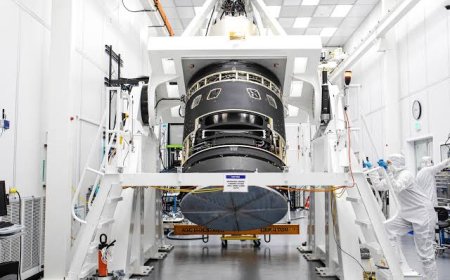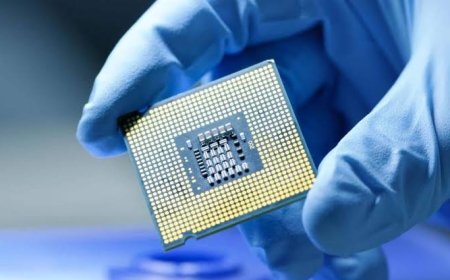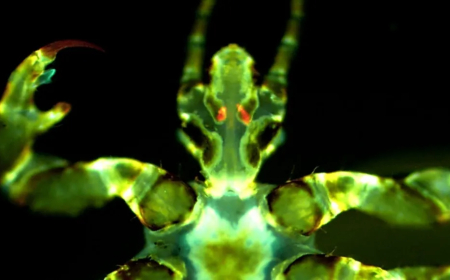How diabetes and cancer are related to each other
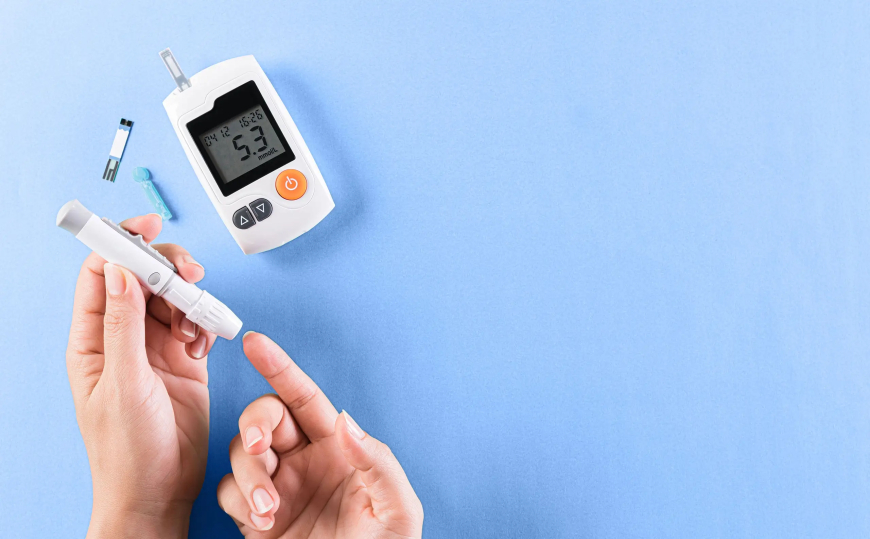
People of almost every country in the world are very familiar with diabetes. And everyone has heard the name of a deadly disease like cancer. Diabetes is divided into two types, type-1 and type-2. Type-2 patients mainly require insulin. Because insulin resistance is commonly associated with type-2 diabetes.
Recently researchers have discovered that it is also present in cancer patients and can accelerate the spread of the disease. That is, diabetes and cancer are related to each other.
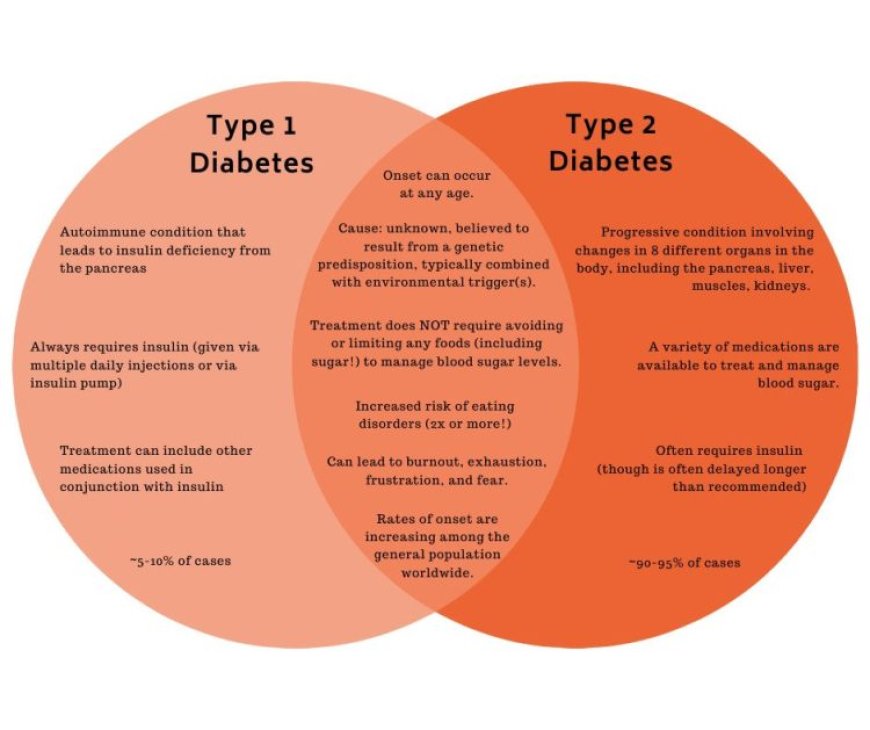
Polyuria or diabetes is a serious, long-term condition that occurs when blood glucose levels are higher than normal for a long time. This is because either the body does not produce enough or any insulin or the body cannot use the insulin that is produced effectively.
Insulin is the main hormone of the pancreas. It is a type of polypeptide that regulates the entry of glucose from the blood into the cells. Insulin is mainly secreted from the insulin secreting cells of the pancreas i.e. the beta cells of the islets of Langerhans.
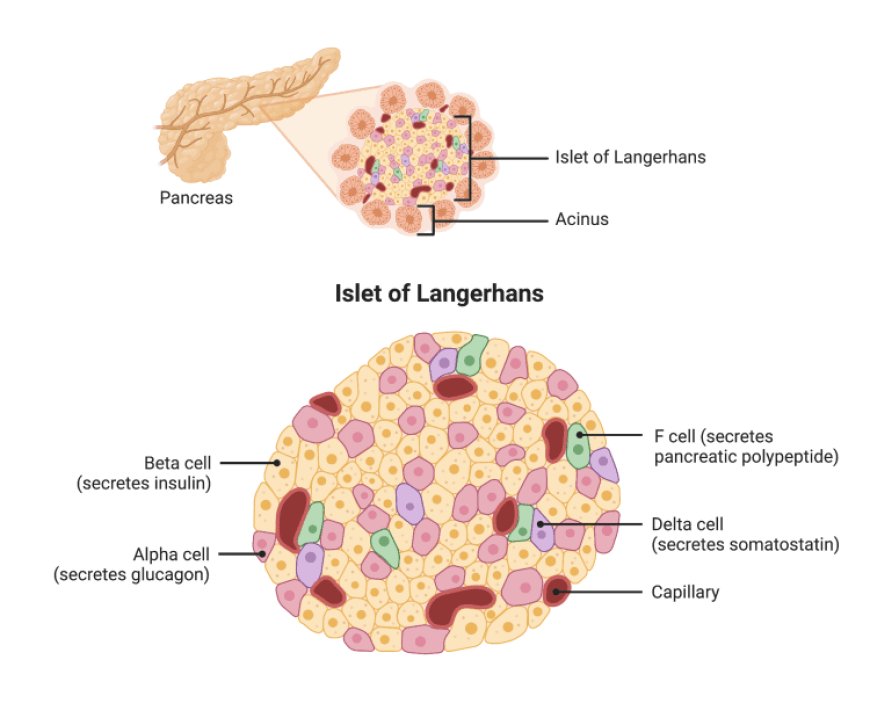
In the 1920s, scientists discovered that the urine of cancer patients had a sweet smell. At first this confused doctors but they quickly realized that it was caused by high blood sugar levels. Sweet-smelling urine suggests that cancer affects the body's blood sugar levels.
The study's lead author Like Silo said that,
"Cells in cancer patients don't respond well to insulin. So it takes more insulin to produce the same effect in cancer patients."
A team of researchers from the University of Copenhagen conducted an analysis of 15 studies on insulin sensitivity and cancer. It included 187 patients with various types of cancer, including lung and colon cancer, and 154 control subjects.
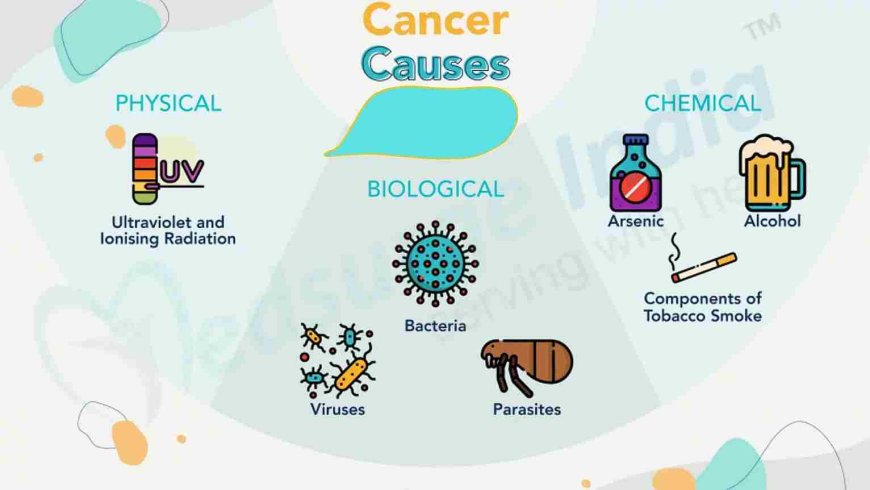
Joan Marmol, the study's second lead author, said that,
"We know from cell, animal and some human studies that insulin is a growth hormone and that it has the same effect on cancer cells. That is, high levels of insulin can make cancer cells grow faster."
Insulin resistance can cause not only diabetes but also the division and growth of cancer cells. Insulin resistance can also affect muscle protein synthesis. That is, muscle mass and strength are lost if the body fails to respond to insulin. This is a huge problem for many cancer patients.
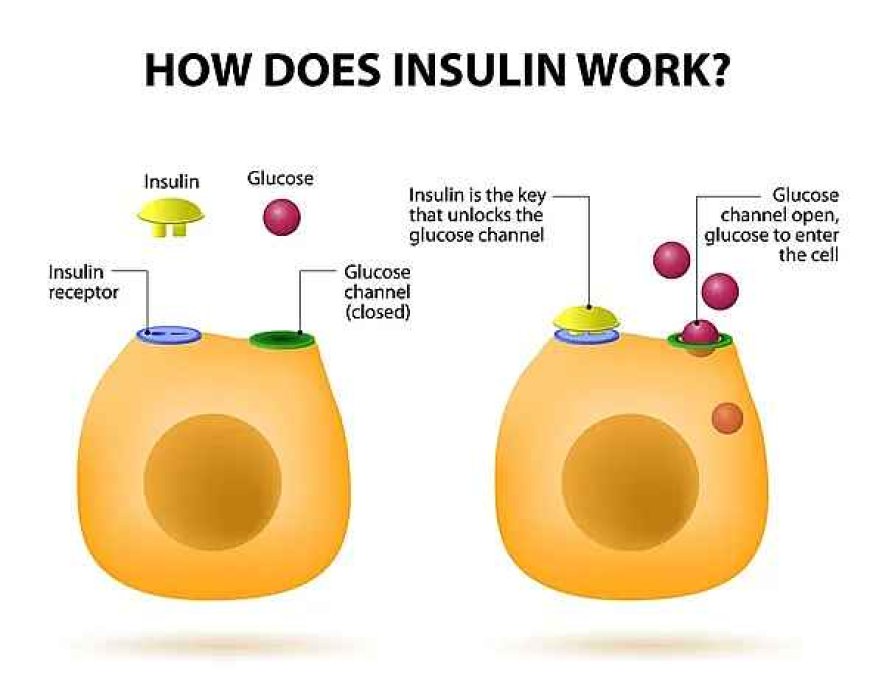
Leeke Silo hopes oncologists will start checking patients' blood sugar levels.
He said that
"If they see that the patient is suffering from insulin resistance, they should start treating it. We are able to treat insulin resistance because we have a deep understanding of the condition. But we are used to relating it only to type-2 diabetes."
Kaniz Nusrat / Own Correspondent
Source: SciTech Daily
